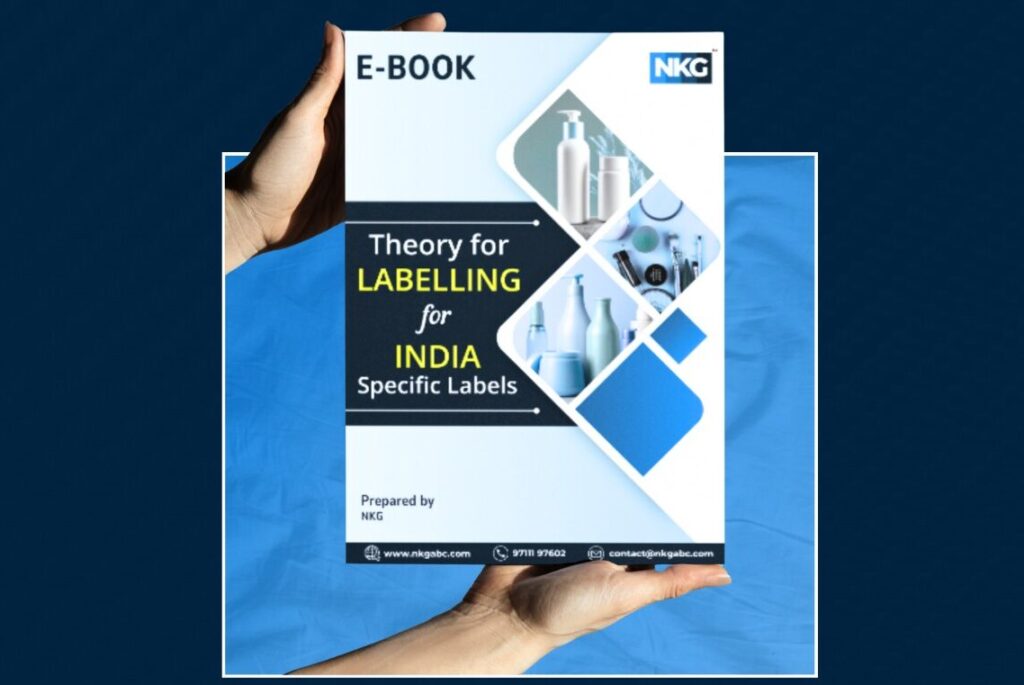Introduction
The Indian cosmetics market has been witnessing a significant surge in recent years, driven by factors such as rising disposable incomes, changing lifestyles, and increased awareness about personal grooming. However, the high import duties on cosmetic products have been a major challenge for international brands seeking to enter the Indian market.
To address this issue, India has signed Comprehensive Economic Partnership Agreements (CEPA) with several countries, providing duty waivers for imported cosmetics.
What is the CEPA Agreement?
The Comprehensive Economic Partnership Agreement (or CEPA Agreement) is a type of free trade agreement (FTA) that aims to remove barriers to trade and investment between two or more countries. These agreements cover a wide range of areas, including goods, services, investment, and intellectual property rights.
CEPAs are designed to promote economic cooperation, facilitate the movement of goods and services, and enhance investment opportunities between the participating countries.
By reducing or eliminating tariffs and other trade barriers, CEPAs create a more favorable environment for businesses to operate and expand their operations across borders.
India's CEPA Agreements for Duty Waiver on Imported Cosmetics
India has signed CEPA agreements with several countries, including UAE, South Korea, Japan, and the Association of Southeast Asian Nations (ASEAN) member states. These agreements provide duty waivers and other benefits for imported cosmetic products, making it easier for international brands to enter the Indian market:
1. India-UAE CEPA:
India and the UAE signed the Comprehensive Economic Partnership Agreement (CEPA) in February 2022, creating new pathways for trade and investment between the two nations. The CEPA eliminates duties on thousands of products, including cosmetics, and provides a significant boost to the cosmetics industry.
Under the agreement, cosmetic products classified under HS codes 3303, 3304, 3305, and 3307 from the UAE are eligible for duty-free entry into India. This duty waiver has made it easier for UAE-based cosmetic brands to enter the Indian market, offering Indian consumers access to a broader range of high-quality cosmetic products at competitive prices. The CEPA is expected to enhance economic cooperation, facilitate trade, and promote investment opportunities in various sectors, including the cosmetics industry.
2. India-South Korea CEPA:
The Comprehensive Economic Partnership Agreement or (CEPA Agreement) between India and South Korea, also known as the India-South Korea CEPA, was signed in 2009 and came into effect in 2010. Under this agreement, South Korean cosmetic products imported into India are eligible for duty waivers.
According to the agreement, South Korean cosmetic products classified under the Harmonized System (HS) codes 3303, 3304, 3305, and 3307 are entitled to duty-free entry into India. This includes products such as perfumes, beauty or make-up preparations, and hair care products.
3. India-Japan CEPA:
The Comprehensive Economic Partnership Agreement between India and Japan, or the India-Japan CEPA, was signed in 2011 and implemented in 2011. This agreement provides duty waivers for Japanese cosmetic products imported into India.
Under the India-Japan CEPA, Japanese cosmetic products classified under HS codes 3303, 3304, 3305, and 3307 are eligible for duty-free entry into India. This includes products such as perfumes, beauty or make-up preparations, and hair care products.
4. India-ASEAN CECA:
The Comprehensive Economic Cooperation Agreement (CECA) between India and the ASEAN member states was signed in 2009 and came into effect in 2010. This agreement provides duty waivers for cosmetic products imported from ASEAN countries into India.
According to the India-ASEAN CECA, cosmetic products classified under the HS codes 3303, 3304, 3305, and 3307 from ASEAN countries are eligible for duty-free entry into India. ASEAN member states include Brunei Darussalam, Cambodia, Indonesia, Lao PDR, Malaysia, Myanmar, Philippines, Singapore, Thailand, and Vietnam.
Benefits of the CEPA Agreements for Imported Cosmetics
The CEPA agreements have several benefits for the Indian cosmetics market and consumers:
1. Increased Product Variety and Availability
With duty waivers in place, international cosmetic brands from South Korea, Japan, and ASEAN countries can import their products into India more cost-effectively. This has led to an increased variety of cosmetic products available in the Indian market, catering to diverse consumer preferences and needs.
2. Competitive Pricing
By eliminating import duties, CEPA agreements have helped reduce the overall cost of imported cosmetic products. This has enabled international brands to offer their products at more competitive prices in the Indian market, benefiting consumers with affordable high-quality options.
3. Enhanced Product Quality
Many international cosmetic brands are known for their innovative formulations, advanced manufacturing processes, and stringent quality controls. With the influx of these brands into the Indian market, consumers have access to a wider range of high-quality cosmetic products.
4. Boosting India’s Cosmetics Industry
The increased availability of international cosmetic products in the Indian market has created a competitive environment, encouraging domestic cosmetic manufacturers to enhance their product offerings, adopt advanced technologies, and improve quality standards to remain competitive.
5. Promoting Economic Growth and Trade
The CEPA agreements have facilitated trade between India and the participating countries, leading to increased economic cooperation and growth opportunities for businesses in the cosmetics sector.
Impact of CEPA Agreements on the Indian Cosmetics Market
The CEPA agreements have had a significant impact on the Indian cosmetics market, shaping consumer preferences and industry dynamics:
1. Market Growth and Expansion
The influx of international cosmetic brands has contributed to the rapid growth of the Indian cosmetics market. According to a report by the India Brand Equity Foundation (IBEF), the Indian cosmetics industry was valued at $11.16 billion in 2020 and is expected to reach $20 billion by 2025.
2. Changing Consumer Preferences
With increased exposure to international cosmetic brands, Indian consumers have become more aware of global trends and quality standards. This has led to a shift in consumer preferences, with a growing demand for premium and specialized cosmetic products.
3. Intensified Competition
The entry of international cosmetic brands has intensified competition in the Indian market, pushing domestic manufacturers to innovate, improve product quality, and adopt advanced marketing strategies to maintain their market share.
4. Increased Investment and Collaborations
The favorable trade environment created by the CEPA agreements has attracted foreign direct investment (FDI) in the Indian cosmetics sector. International brands have established manufacturing facilities and distribution networks in India, fostering collaborations and knowledge-sharing with local companies.
5. Regulatory and Quality Improvements
To ensure fair competition and consumer safety, the Indian government has taken steps to strengthen regulatory frameworks and quality standards for cosmetic products, aligning with international best practices.
Conclusion: The CEPA agreements signed by India with South Korea, Japan, and ASEAN member states have significantly impacted the Indian cosmetics market. By providing duty waivers for imported cosmetic products, these agreements have facilitated the entry of international brands, offering Indian consumers a wider variety of high-quality cosmetic options at competitive prices. The increased competition has also driven domestic manufacturers to enhance their product offerings and adopt advanced technologies to remain competitive.
While the influx of international brands has presented challenges for local companies, it has also fostered collaborations, knowledge-sharing, and investment opportunities in the Indian cosmetics sector. As the market continues to evolve, stakeholders must adapt to changing consumer preferences, regulatory frameworks, and quality standards to thrive in this dynamic and competitive landscape.







